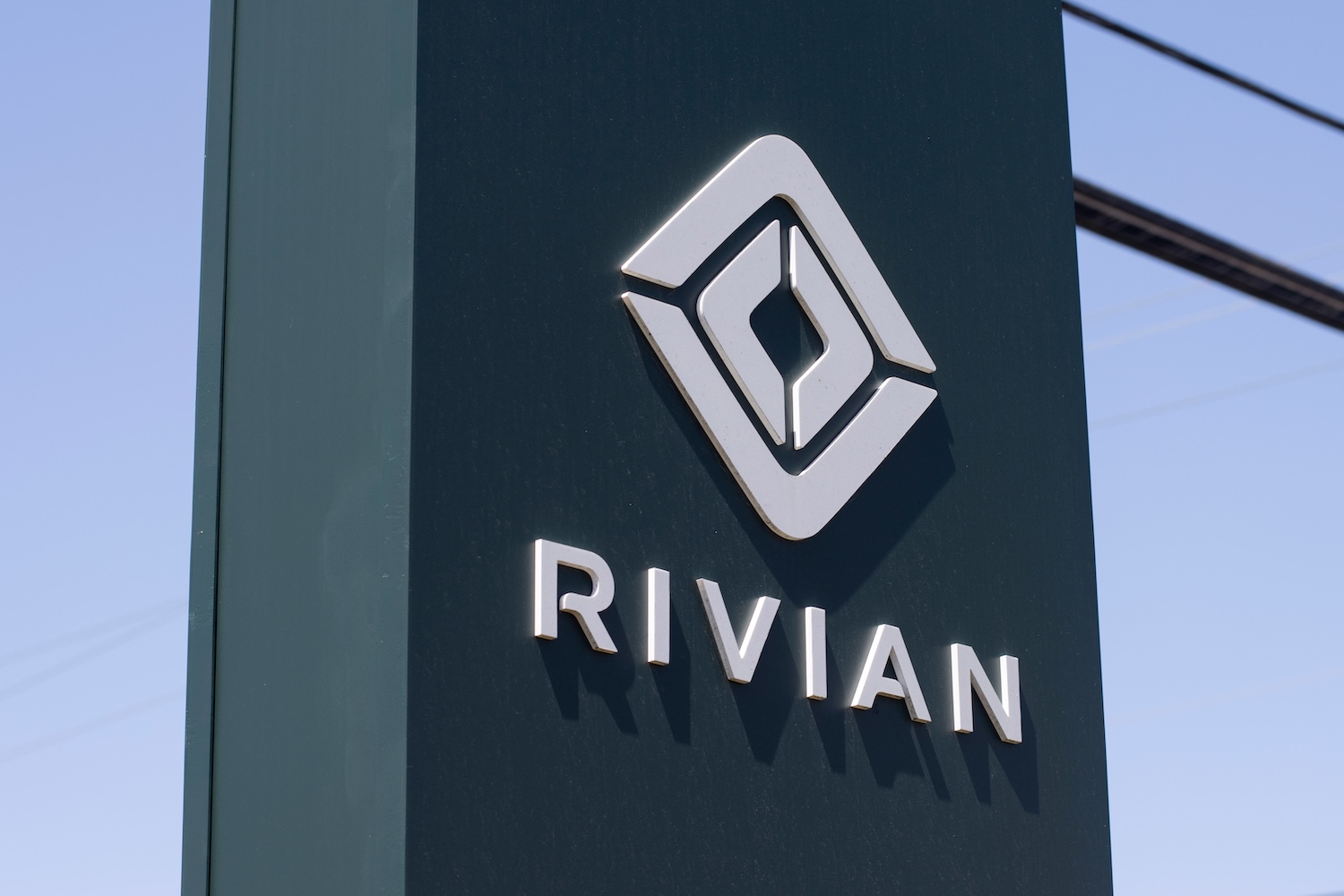
Wall Street is growing increasingly cautious about electric car maker Rivian (RIVN).
Analysts are raising red flags over the long-term prospects of its upcoming R2 and R3 models and warning of recent policy changes.
In a recent note, analysts at Guggenheim downgraded RIVN from “Buy” to “Neutral,” citing disappointing first-quarter sales of its flagship R1 model.
He also has raised doubts about the market trajectory for its next-generation vehicles.
Rivian produced 14,611 vehicles in the first quarter but delivered only 8,640, a 36% drop compared to the same period in 2024.
Despite the decline, the company reaffirmed its full-year delivery forecast of 40,000 to 46,000 units for 2025.
Guggenheim analysts also flagged the potential impact of recent policy changes introduced under President Trump’s One, Big, Beautiful Bill.
The legislation, recently signed into law, eliminates up to $7,500 in federal tax credits for qualifying EV purchases.
Without this incentive, EVs may become less appealing to price-sensitive consumers, particularly given the sharp rise in vehicle prices since the pandemic.
Rivian vehicles typically carry a steep price tag, ranging from $70,000 to $100,000, well above the U.S. average car price of approximately $49,000, according to Kelley Blue Book.
Even if Rivian hits Wall Street’s consensus estimate of 282,000 vehicle sales by 2028, it would still fall significantly short of the 400,000 annual units needed to break even, according to Guggenheim.
RIVN stock pulls back sharply after recent rally
Shares of Rivian have come under renewed selling pressure following the electric vehicle maker’s sharp rebound since early April.
Between April 8 and May 20, Rivian shares surged over 56%, peaking near $17. Since then, the stock has retreated by roughly 25%.
Over the past 12 months, Rivian shares have been down more than 27%, bringing the company’s market capitalization back down to $15 billion.
According to FactSet, the average analyst price target for RIVN is below $15, implying potential for further downside in the near future.
The good news for Rivian is that sales rebounded in the second quarter, with 10,661 vehicles delivered.
Production, however, dropped to 5,979 units, though this decline was expected, as the company transitioned its manufacturing lines to prepare for its 2026 models.
Adding to the good news, Rivian secured a $1 billion equity investment from Volkswagen at $19.42 per share, representing a 33% premium over the stock’s 30-day average price.
Your email address will not be published. Required fields are markedmarked